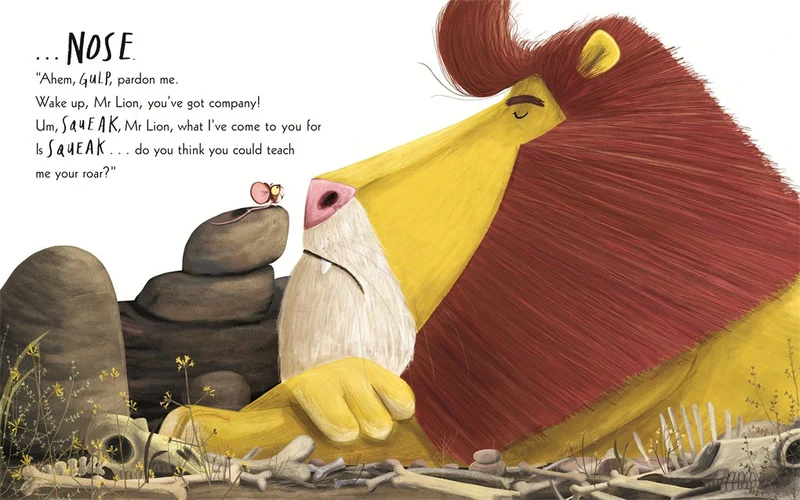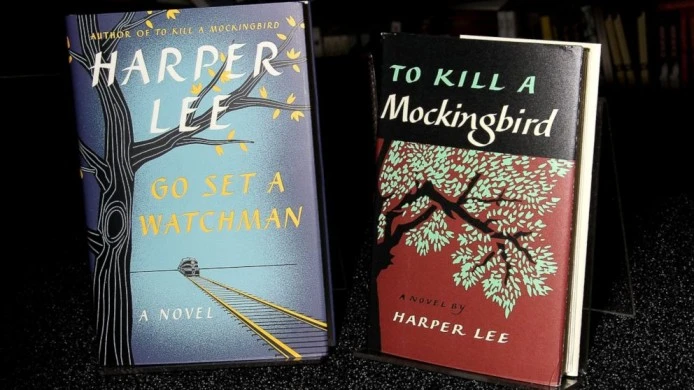Beautiful Places to Die

“People call me the Shrike.” Better call for police backup first, because the Shrike is the latest in a long line of supervillains created and lovingly nurtured by Michael Connelly. The Shrike makes his flashy debut in FAIR WARNING (Little, Brown, 404 pp., $29), where we find him murdering women by applying a brutal method of strangulation called atlanto-occipital dislocation. More women will die before the end of this narrative, all of them, as it turns out, victims of cyberstalking.
Cyberstalking is red meat for one of the author’s go-to series heroes, Jack McEvoy, an investigative journalist reduced here to churning out consumer alerts for a website called FairWarning. “I was a reporter,” he keeps reminding himself, “a recorder of history.” Unable to refrain from jumping back into the game, McEvoy latches on to these homicide cases by following the cyberstalking trail to an internet site on the dark web that accommodates shy guys by matching them to outgoing women selected on the basis of their DNA profiles.
“Genetic testing was a self-regulating industry,” we learn, with “virtually no government oversight and regulation.” No wonder scary customers like the Shrike find it so easy to score legitimate DNA research and use it to stake out prospective victims. Connelly turns his focus to merchants who can pinpoint DRD4, a gene known in the trade as “dirty four” that purportedly inclines its carriers to promiscuity, drug use, alcohol abuse and other risky behaviors.
Connelly is in terrific form here, applying genre conventions to the real-life dangers inherent in the commercial marketing of genetics research. In the same way, he uses McEvoy’s descent from crack investigative reporter to website hack as a way to mourn the fourth estate. “Newspapers were folding left and right and some said the industry was in a death spiral,” he says, in one extended elegy for the profession. “It was not a good time to be a journalist.” Maybe not; but it’s always a good time to turn those investigative skills into first-rate detective work.
♦
Don’t open Brian Panowich’s new novel, HARD CASH VALLEY (Minotaur, 292 pp., $26.99), after a heavy meal. In it, a crook named Arnie is cornered in a motel room in Jacksonville and murdered. The physical violence is hard to stomach, but the tension that leads to the slaughter is even more agonizing.
Then, before you know it, the scene has shifted to a mountainous area in north Georgia where Dane Kirby, a special agent with the Georgia Bureau of Investigation, is holding an intimate conversation with his dead wife. It’s a lovely, piercingly sad moment.
At the request of the brand-new, spit-shined sheriff, Kirby treks deep into the Blue Ridge foothills to the cabin of a crabby old recluse who’s been shot and killed, apparently by Kirby’s best friend. The plotting is skilled, as is the sleuthing, and the landscape is stunning. But it’s the hard-jawed characters, with their tough talk and scarred souls, who really get under your skin.
♦
Would your shrink go to the ends of the earth to check on your mental health? I thought not. But the good doctor in Sharon Bolton’s psychological mystery, THE SPLIT (Minotaur, 388 pp., $27.99), makes a mad dash for the remote island of South Georgia, located in the Antarctic Circle, where his patient is rapidly unraveling.
It seems that Felicity Lloyd, the resident glaciologist, has fled to “the ends of the Earth” to escape her husband, Freddie, only to discover that this particular end of the earth is “not far enough.” As the last sightseeing boat of the summer arrives, she discovers Freddie — a convicted murderer — is on it, sending her on a frantic (and wonderfully scenic) flight. Bolton, known for her devious plots and tricky endings, doesn’t disappoint here. But she really soars when describing the fearsome splendor of the icebergs as they rise and calve and eventually crash into the sea.
♦
The Dordogne might be the only region of France where the crash of a Maserati could be attributed to wild boars. Martin Walker returns to this enchanting, if eccentric, region in THE SHOOTING AT CHÂTEAU ROCK (Knopf, 320 pp., $25.95), the latest mystery in a series featuring Bruno Courrèges, the chief of police in the village of St. Denis.
When Gaston Driant, the son of a recently deceased sheep farmer, calls on him, Bruno pays his respects by speaking reverently of the dead man’s homemade liquor. “That gnôle he made was the best eau-de-vie in the valley,” Bruno declares, “even if it wasn’t really legal.” Driant is distressed about his father’s will, which disinherits his children to pay for the move to a luxurious retirement home.
Predatory scams on the elderly aren’t the only crimes Bruno has to deal with; what with instances of animal abuse and even a case of human trafficking, he’s got a lot on his plate. But there’s always time to breed a basset hound, organize an outdoor concert, cook a feast for friends and otherwise reassure us that with Bruno around, all’s right with the world.




